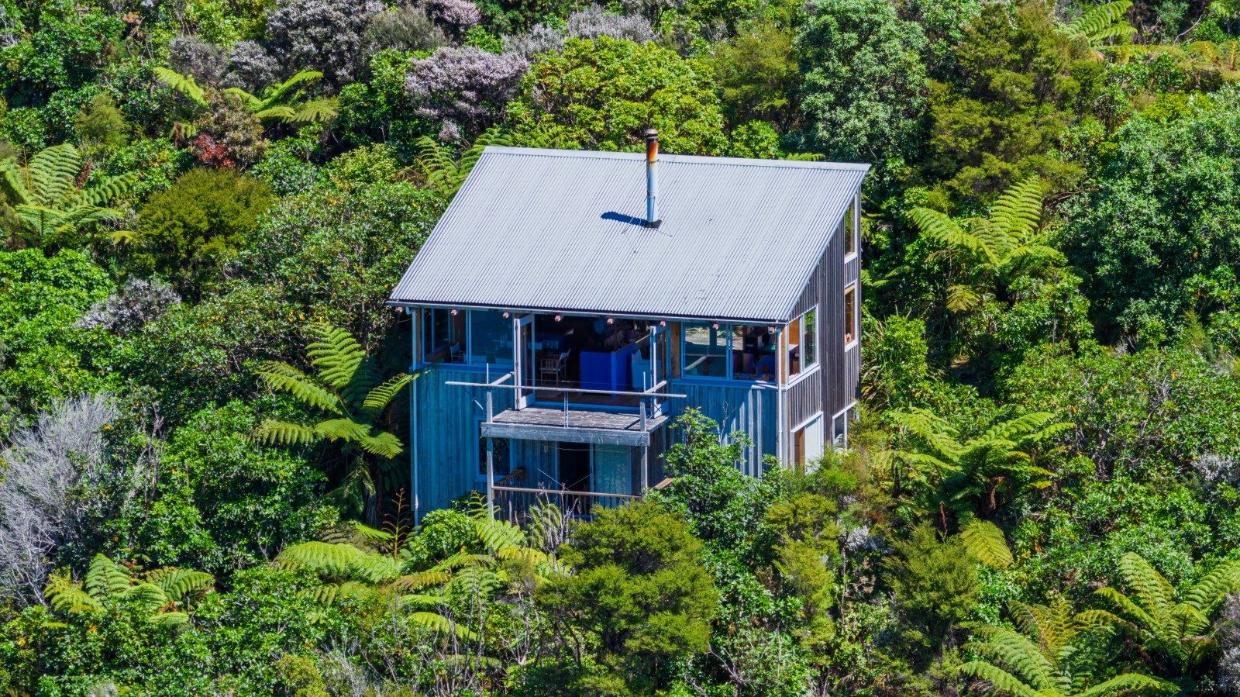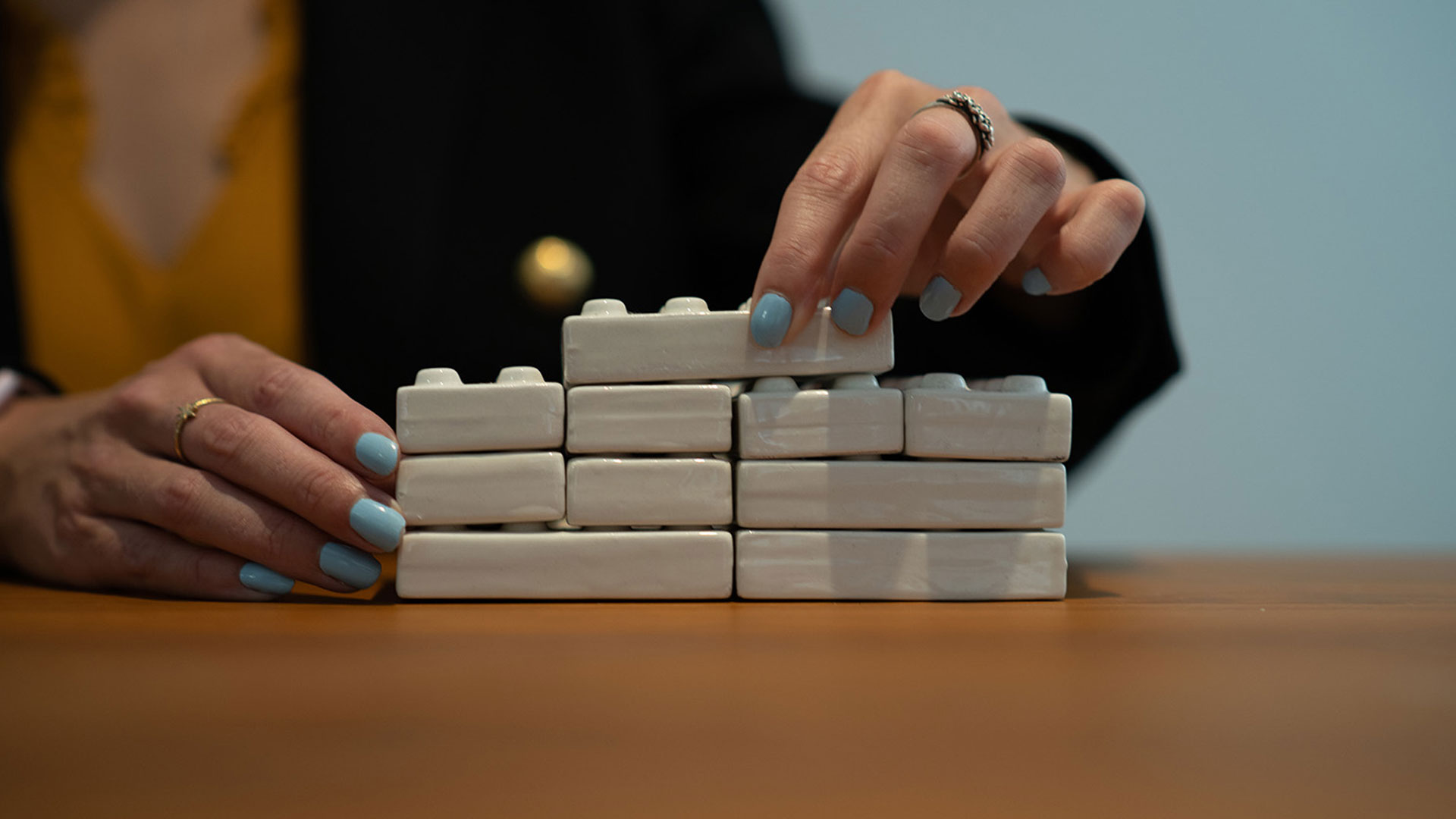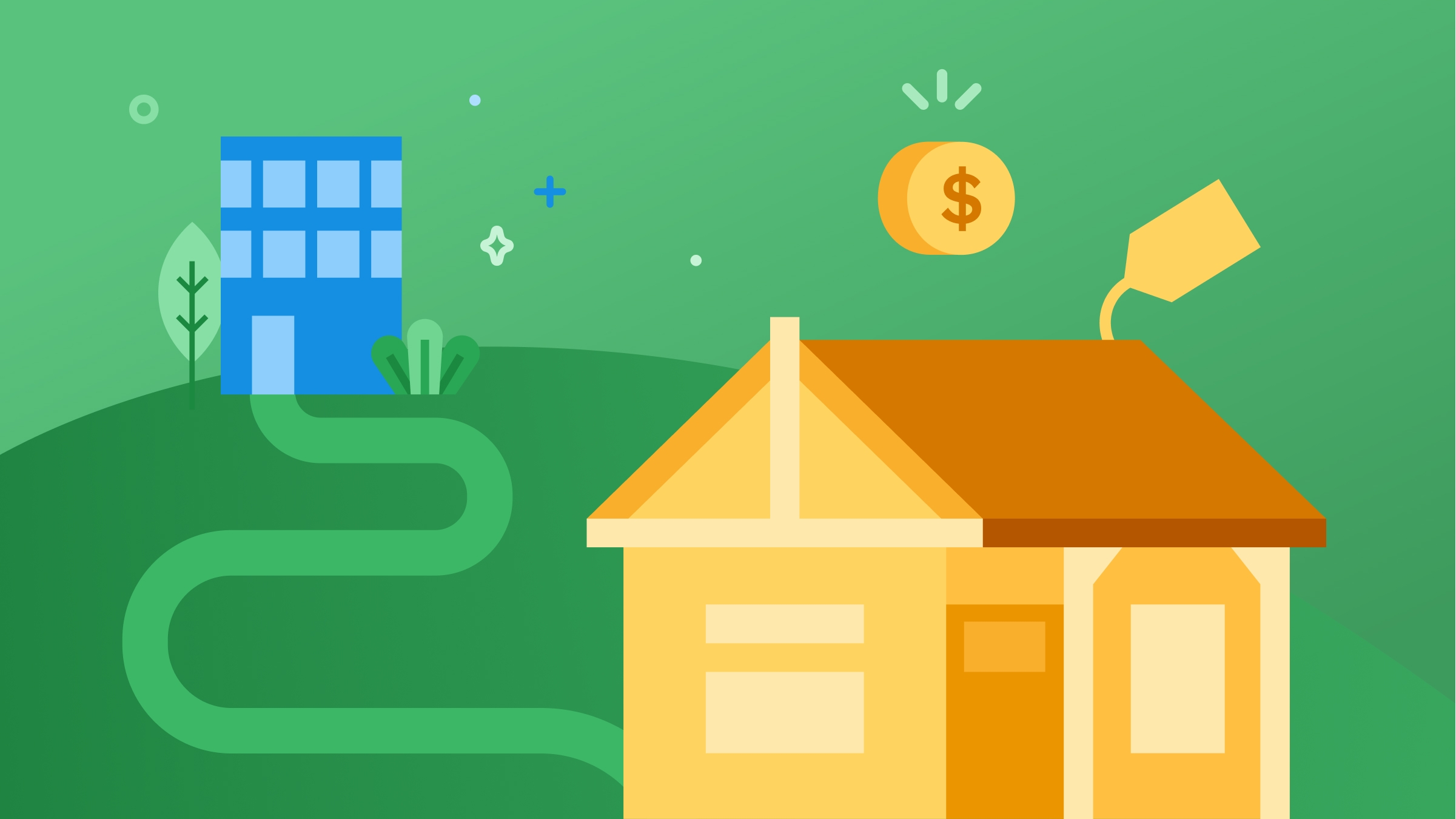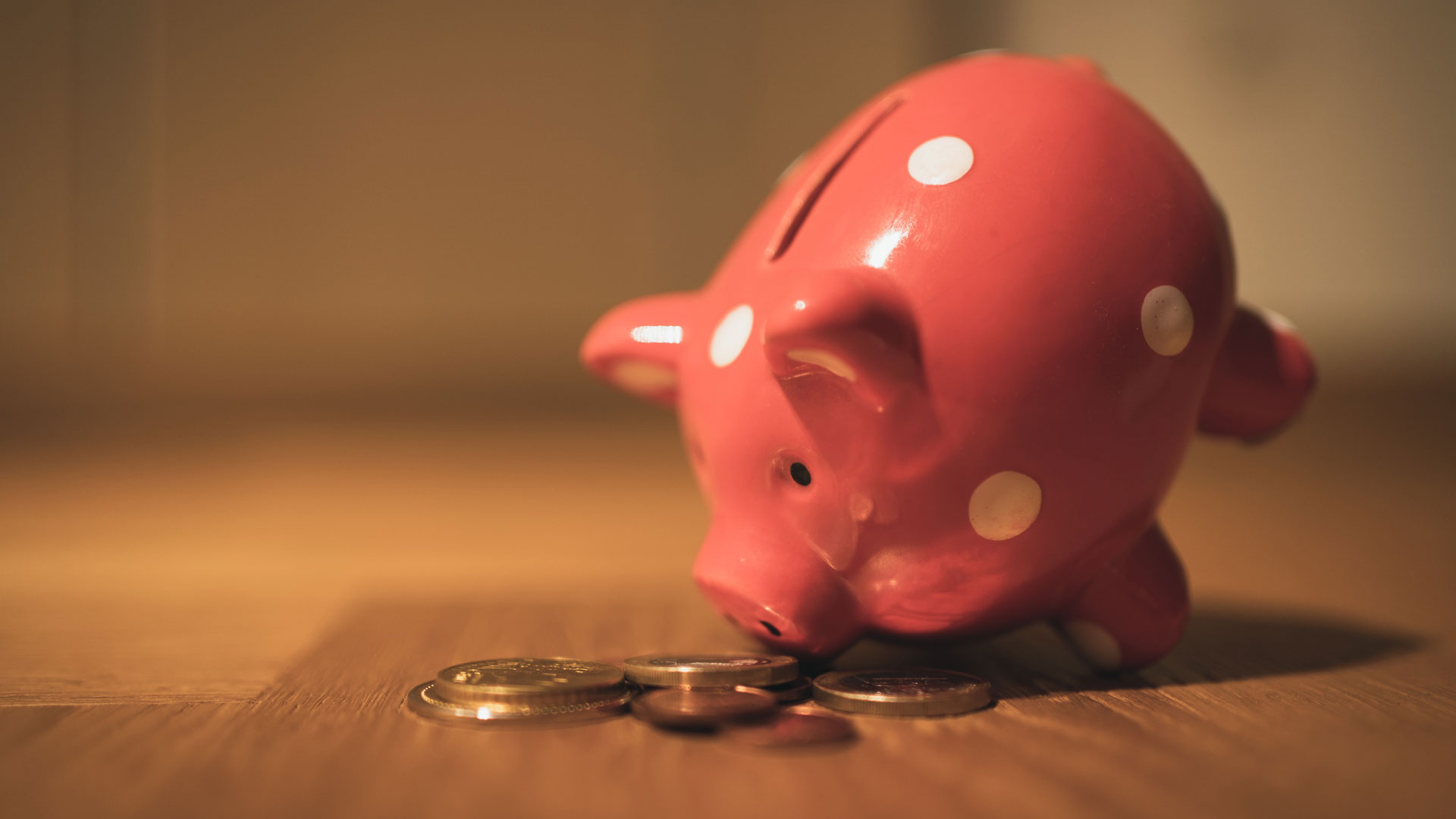Buying guide
How much do you need for a house deposit in New Zealand?
Everything you need to know.
.png)
How much deposit do I need?
How much deposit do I need for an investment property?
A house deposit is one portion of the money a buyer pays to a property seller to secure the home
Where can my deposit funds come from?
First home loan: a helping hand for first home buyers
How to get a mortgage
Tips to save your deposit faster
1. Create a budget and stick to it
2. Make the most of your KiwiSaver
3. Incentivise saving
Consolidating your debts can help you avoid paying additional fees.
4. Debt consolidation
5. Talk to friends and family
Author
Discover More

Property value NZ: Check your house value online
Get a better understanding of property value across New Zealand

‘It’s time for life and laughter to fill the bach again’: Architect’s retreat and boatshed listed 30 years on
This two-level bach at Maraetai Bay in Queen Charlotte Sound was designed by the late architect Jonty Rout.
Search
Other articles you might like







